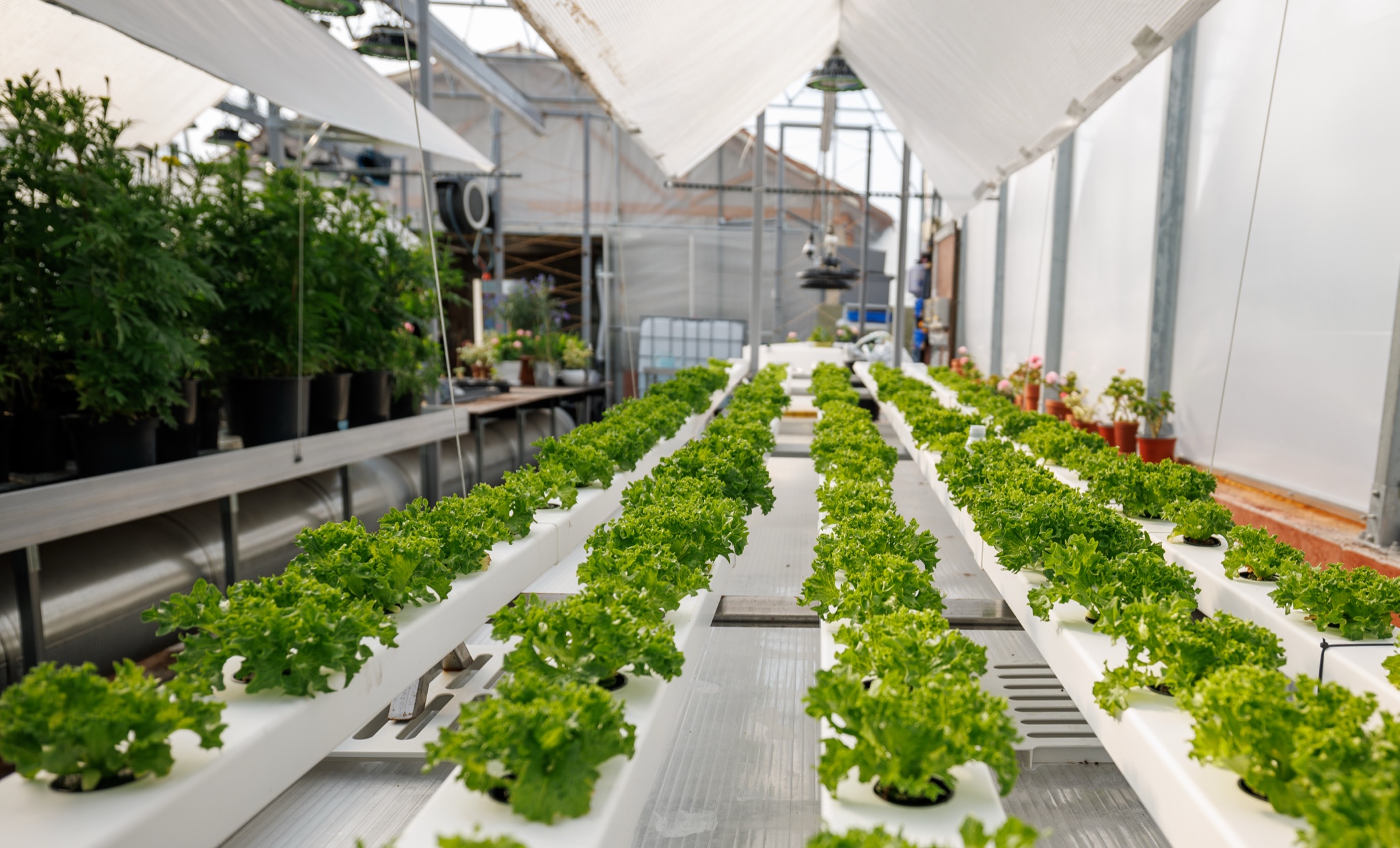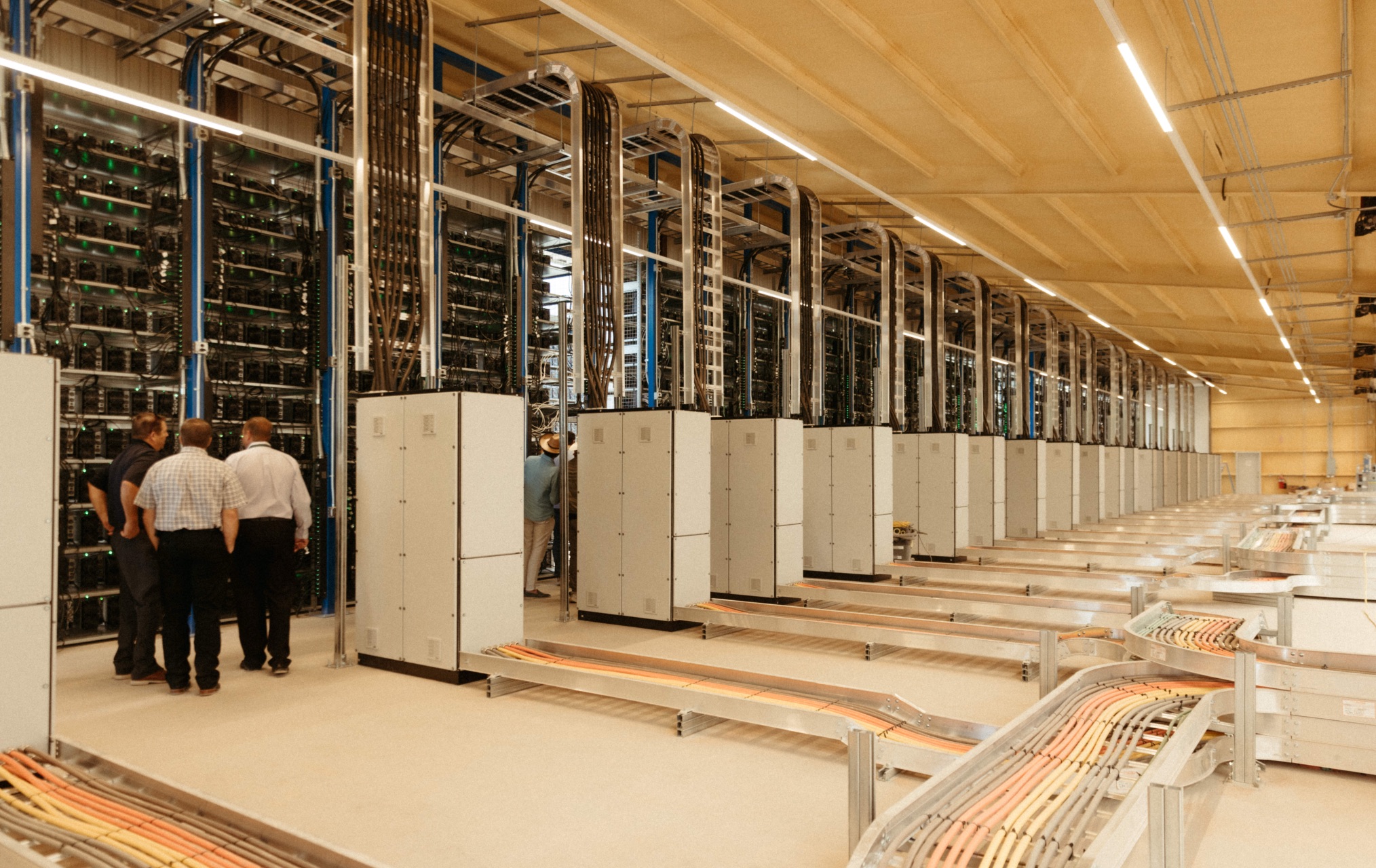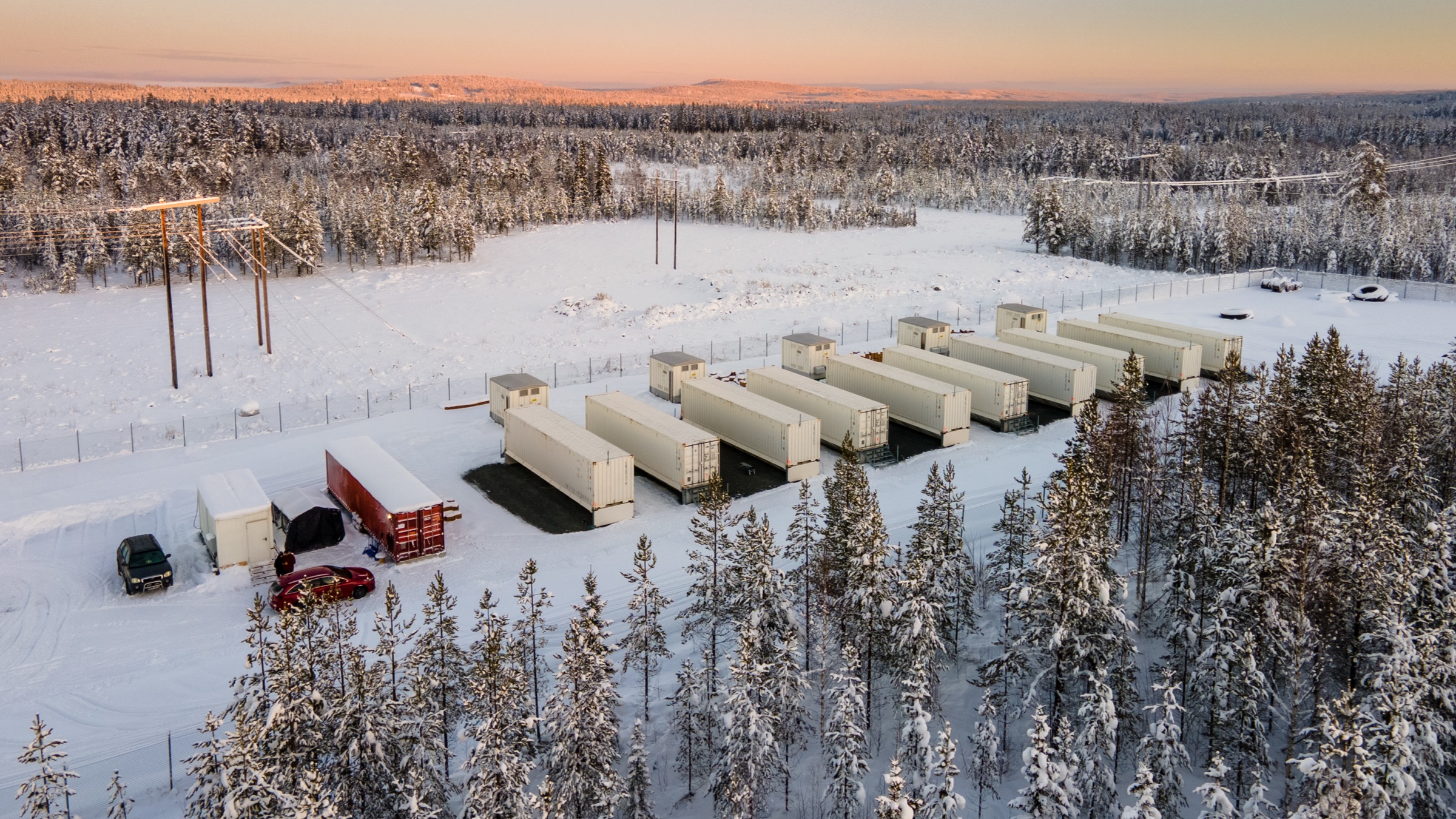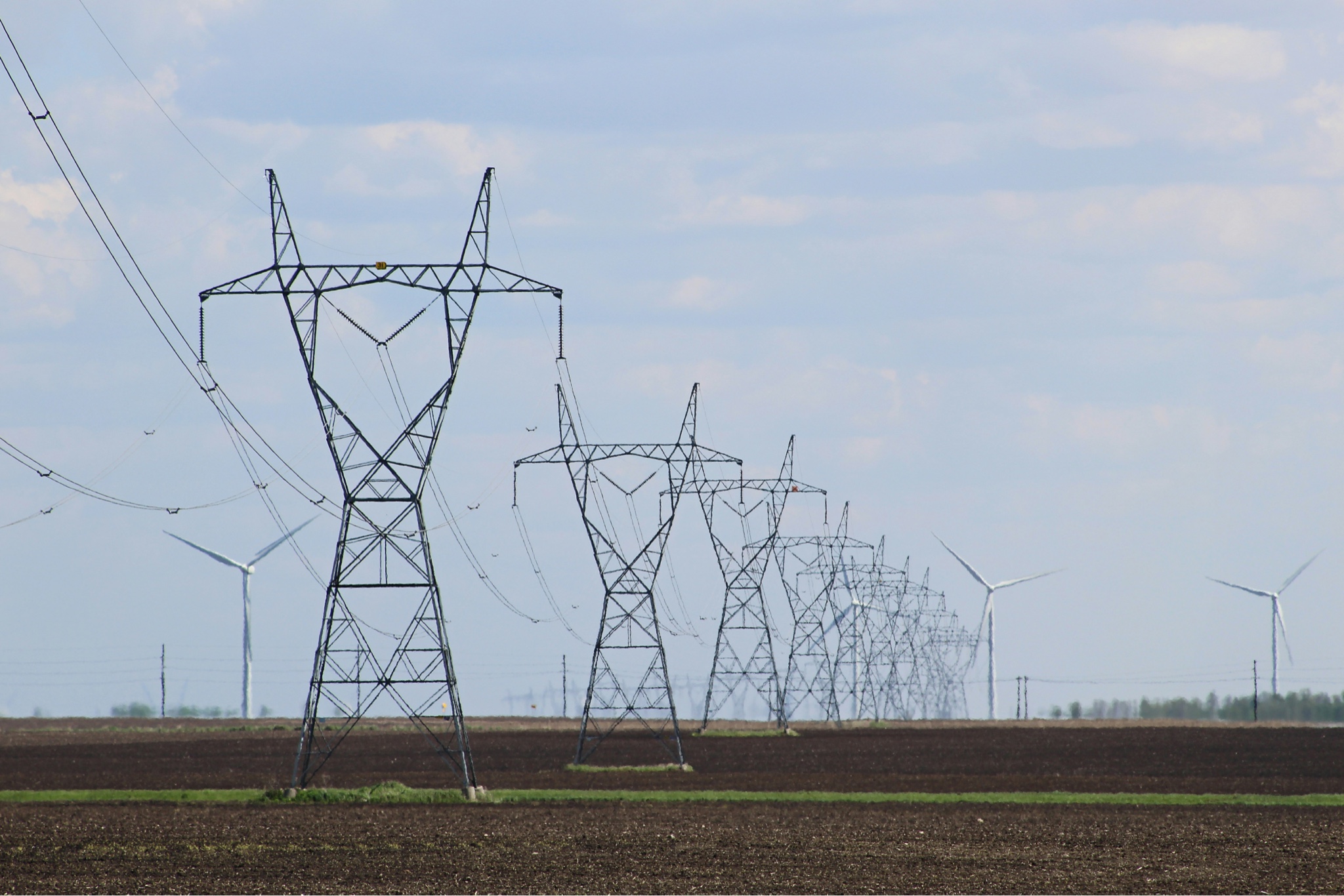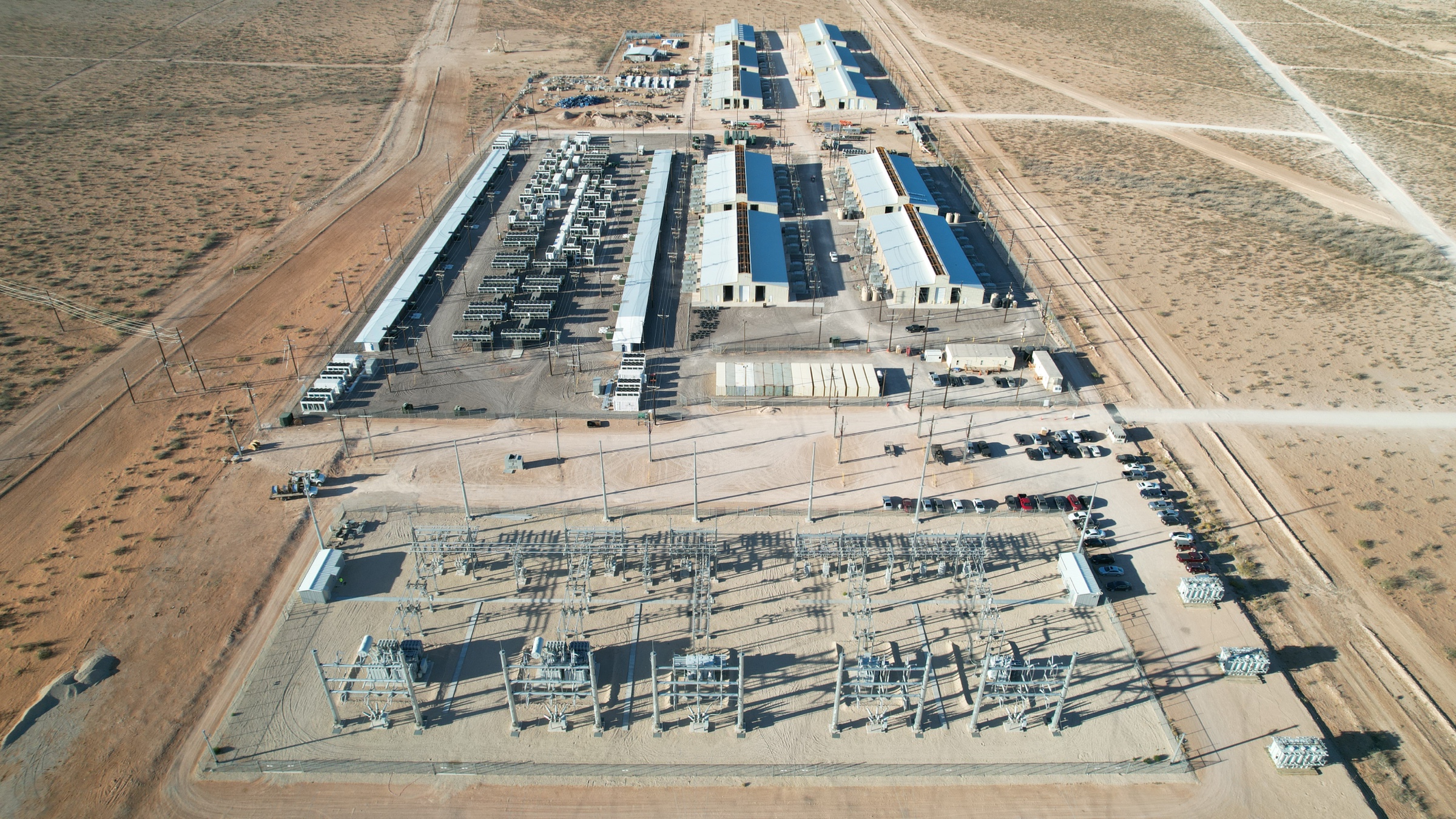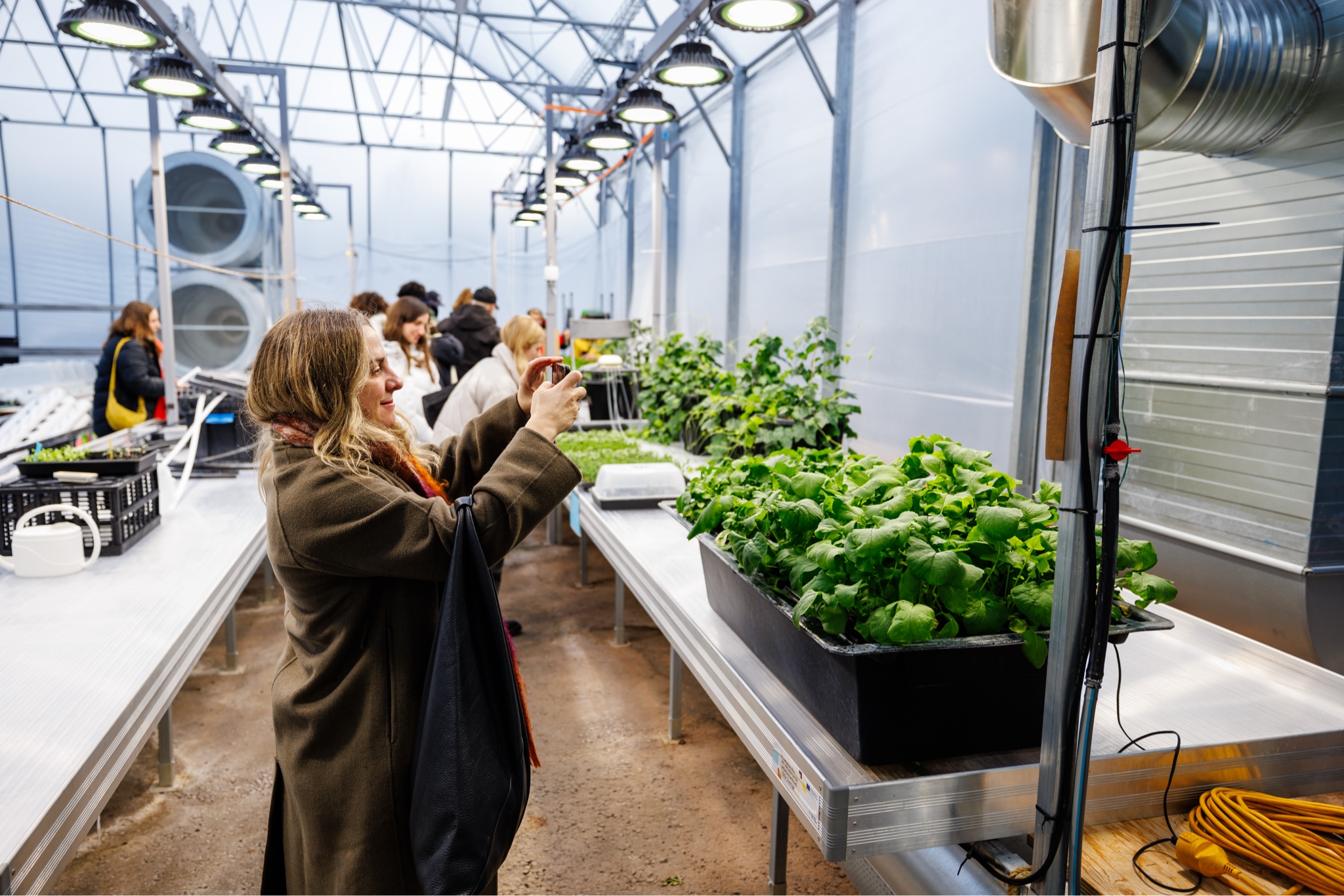As one of the world’s largest bitcoin mining companies in terms of hashrate, GDA has been dedicated to sustainable and responsible practices. As we further establish our presence in areas where clean energy is abundant, we are focused on using an increasing amount of clean energy for our operations.
This year, we’ve continued to prioritize responsible energy use and deploying innovative solutions that benefit both the environment and local communities. As of July 2024, 68% of the energy powering GDA’s facilities is sourced from clean energy — surpassing the industry average of 56.8%*.
Recent developments in the Bitcoin mining industry, including efforts by GDA, have contributed to making the industry more sustainable and have shown potential in addressing certain environmental challenges. A recent peer-reviewed article published in the American Chemical Society proposes, “mitigation of climate change by investigating the potential for bitcoin mining to serve as a means of utilizing surplus renewable energy from planned installations before grid integration.”
Responsible Growth and Innovations
Our growth and innovation efforts are closely aligned with sustainability principles, and have led us to expand our operations and strengthen our foothold in the Bitcoin mining industry across the world. With a focus on increased capacity, optimizing efficiency, and promoting sustainability, our expansion efforts this year have been strategically centered on key regions such as South America and Sweden.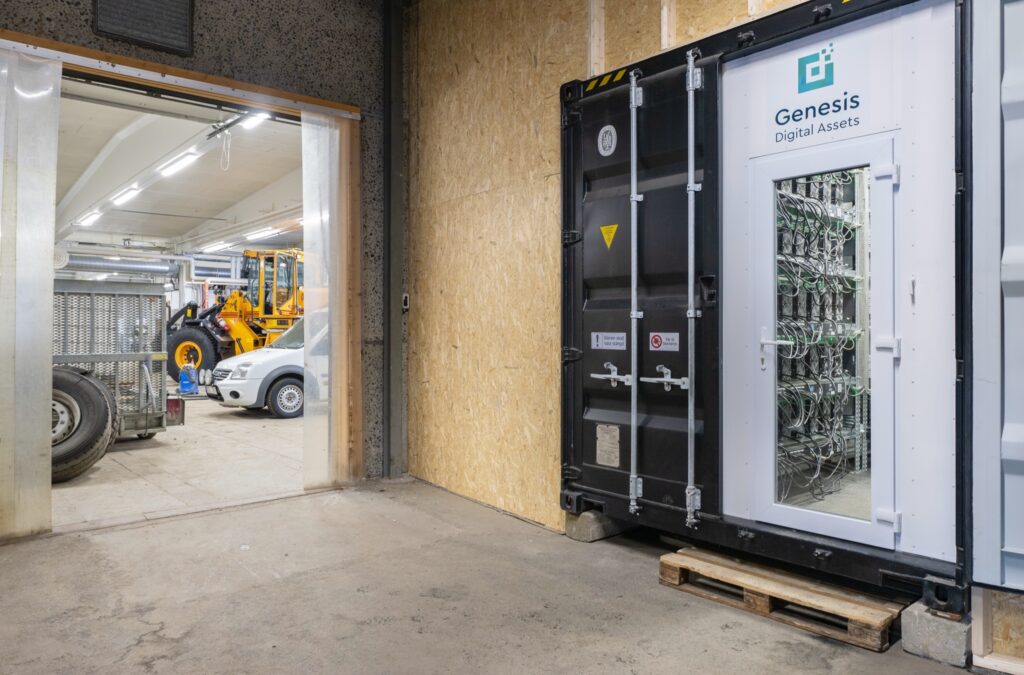
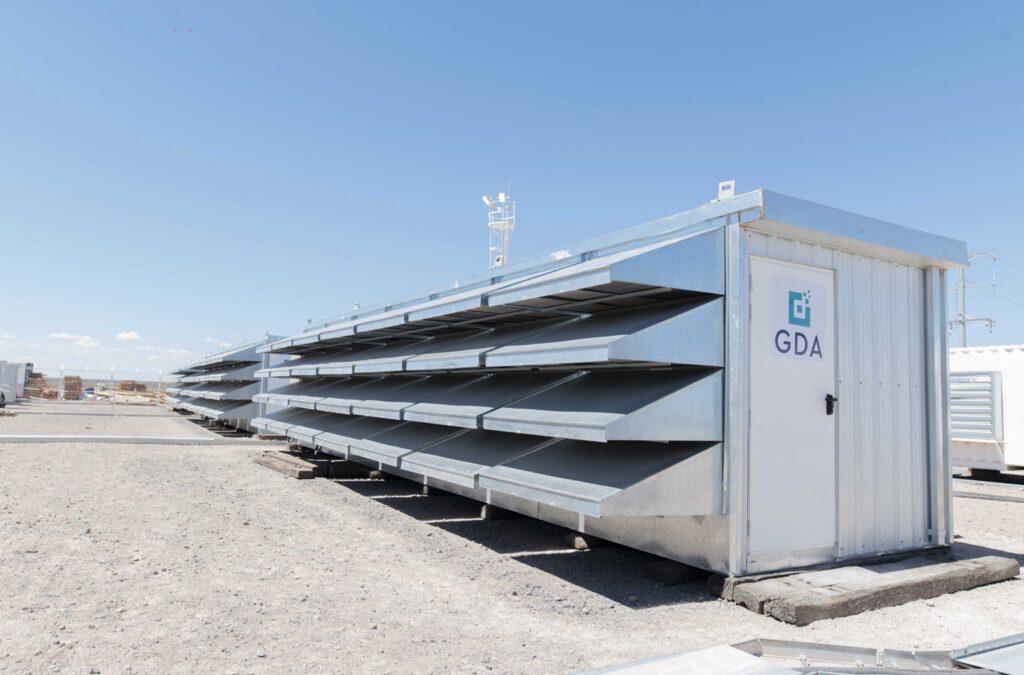
On the left: GDA’s bitcoin mining center in Argentina, powered with repurposed flared gas.
On the right: GDA’s garage heating project, repurposing waste heat in Sweden.
In May, we announced our inaugural venture in South America. We opened our 20th site globally, a new data center in Rincón de Los Sauces, Argentina, powered by repurposed flared gas from YPF Luz. This initiative is a testament to how bitcoin mining can positively impact the environment. By utilizing stranded gas that would otherwise be flared, we are significantly reducing methane emissions, a major contributor to global warming. Argentina is becoming increasingly important for Bitcoin mining and the broader industry, as explained by Executive President of GDA Abdumalik Mirakhmedov, in this Forbes story:
"Although we've been considering expanding to Argentina for years, the political and pro-innovation climate the country has fostered for crypto – and Bitcoin specifically – has never been stronger than today. There's also a large percentage of the population in Argentina that already uses cryptocurrencies and stablecoins to hedge against high inflation. The bottom line is that crypto is a solution to these problems, and we're seeing that fact recognized by countries throughout Central and South America"
Abdumalik Mirakhmedov, Executive President of GDA
We recently announced the launch of a new garage heating project in Norsjö, Sweden in collaboration with Muttern Fastigheter. This new facility is in addition to several other of our data centers in the country, including facilities in Porjus and Örträsk, which both use carbon-free electricity sourced from nearby hydroelectric power stations. The project repurposes excess heat from our data center to warm a large garage storing local equipment, which will benefit local businesses by reducing the costs of preventing snow-cleaning trucks from freezing.
The garage heating project is the latest example of how this industry is exploring various innovative methods to repurpose the heat it generates, and further underscores how bitcoin mining byproducts can be used for community benefits. The facility uses renewable electricity from the nearby Vargfors Hydroelectric Power Station, supporting our ongoing commitment to sustainable operations. On the launch of this facility, Abdumalik Mirakhmedov commented as covered in Bitcoin.com News:
“We are proud to pioneer these kinds of efforts because they reaffirm GDA’s role as a leader in sustainability and show how bitcoin mining byproducts can be used for community utility.”
Abdumalik Mirakhmedov, Executive President of GDA
Greenhouse Project Developments
GDA’s Greenhouse Project in Sweden is supporting sustainable agriculture by leveraging the heat by-products of bitcoin mining. Throughout the year, the greenhouse is used to cultivate a variety of vegetables, including strawberries, raspberries, kale, cucumbers, basil, cilantro/coriander, parsley, pak choi, zucchini, sugar peas, flowers, oregano, sage, mint, micro-greens, dill, and tomatoes.
In particular, GDA in partnership with Boden municipality has been delivering around 100 salads weekly to Björknäs school, Lunda preschool, and two cafes operated by the municipality. These fresh vegetables have so far been used in the diets of approximately 800 students, 150 preschool children, and 300-400 town hall employees.
The Greenhouse Project utilizes a combination of hydroponic vertical systems, aeroponics, and Deep Water Culture (DWC) systems.
This initiative helps provide fresh produce to the community and is an innovative solution to utilizing the excess heat generated from our Bitcoin mining operations. By transforming what was once considered waste into a valuable resource, we are contributing to higher standards for sustainable practices in the agriculture and technology sectors.
As we look ahead to the rest of 2024 and into 2025, GDA remains steadfast in our commitment to sustainability and innovation. We will continue exploring new technologies, expanding our use of renewable energy, and fostering partnerships that benefit both the environment and the communities we serve. The future holds immense potential, and we are eager to help create a more sustainable and resilient bitcoin mining industry. Stay tuned for more developments as we push the boundaries of what is possible in the world of digital assets.
* – The methodology used to calculate this figure takes into account that many of our data centers are connected to power grids that use almost exclusively clean energy, as verified by assessing the locations and energy mix of the grids, and taking a weighted average across our data centers.

